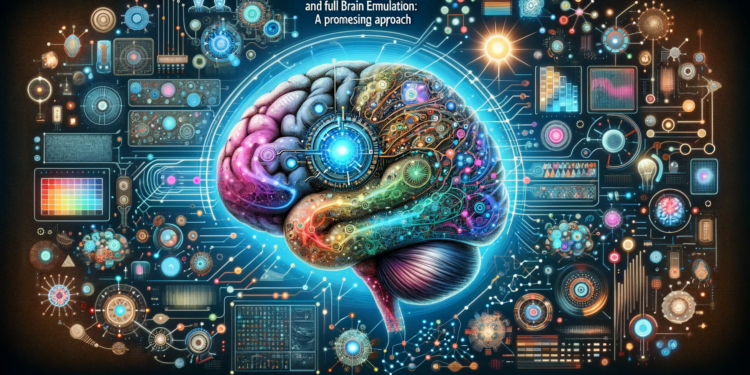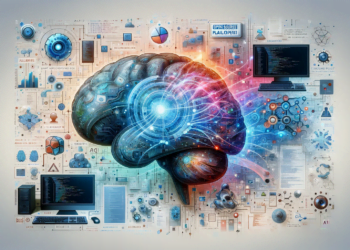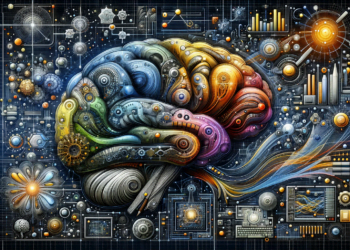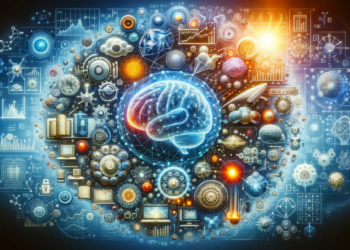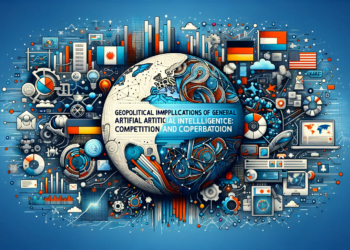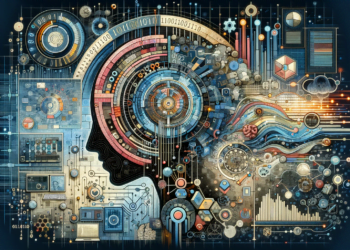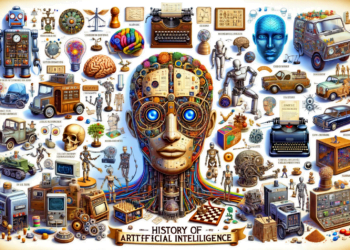General Artificial Intelligence (AGI) represents the holy grail of current AI research, aiming to replicate human cognitive abilities across a wide spectrum of tasks. However, reaching this goal entails overcoming fundamental challenges not just in terms of algorithmic design and computational capacity, but also in our understanding of consciousness and cognition themselves.
Foundations of AGI: Theories and Architectures
AGI research focuses on creating systems capable of learning, adapting, and generalizing knowledge to different contexts, not confined to a specific domain. This differs from “weak” or “narrow” AI, optimized for specific tasks. Among the multiple architectures proposed for AGI, some are inspired by neuroscience and cognitive psychology. An example is the global workspace theory, which posits decision-making, problem-solving, and learning are enabled by an integrated network of specialized modules interacting dynamically.
Whole Brain Emulation
One path to achieving AGI is whole brain emulation (WBE), which seeks to replicate the structure and function of the human brain on a computational substrate. This presents enormous challenges, both technical and ethical.
Technical Advances
Progress in neuroimaging and computational modeling has led to more accurate representations of neural networks. The Human Brain Project in Europe and the BRAIN Initiative in the US strive to map the brain with unprecedented resolution and understanding. Neuromorphic architecture, which mimics biological neural networks, and neuromodulation technologies offer radically different information processing paradigms compared to Von Neumann architecture based systems.
Computational Challenges
Simulating an entire human brain requires computational power and energy efficiency that is not yet available. While supercomputers like Fugaku in Japan and Summit in the US have reached unprecedented calculation speeds, the complexity of simulating approximately 86 billion neurons and their trillions of synapses remains a distant objective.
Ethical and Philosophical Implications
WBE raises fundamental questions about identity, consciousness, and the rights of potential emulated consciousnesses. As we approach more detailed brain emulations, the need to establish a solid ethical framework becomes apparent.
Algorithmic Advances
Deep learning, a branch of machine learning, has made significant strides in AI’s perception and classification capabilities. However, deep learning systems often require large amounts of data and are prone to unexpected behavior outside their training data range. Generative adversarial networks (GANs) and reinforcement learning approaches, such as AlphaGo and its successor AlphaZero, have shown notable potential in complex tasks and creative generation.
Transfer Learning and Meta-Learning
Transfer learning allows AIs to apply knowledge acquired in one task to effectively perform in others. Meta-learning goes a step further, endowing systems with the capability to learn how to learn, enhancing their efficiency in acquiring new skills.
Emerging Practical Applications
In medicine, AI assists in the diagnosis and prognosis of diseases, natural language processing to extract information from medical records, and molecular design for new drugs. In energy, AI systems optimize electrical grids through predictive analysis of demand and supply. In the field of robotics, AI drives the development of social robots with natural interaction capabilities and adaptive learning.
Highlighted Cases
The company OpenAI has developed models like GPT-3 that, while not reaching the level of AGI, clearly illustrate the potential of generative language systems. DeepMind, for its part, has made significant contributions to protein understanding with AlphaFold and in the learning of multi-agent systems through projects like AlphaStar.
Outlook on Innovation and Future Directions
Advancing towards AGI will require disruptive innovations in both understanding and designing AI systems. Integrating neuroscience with quantum computing opens up fascinating possibilities – such as the exponential increase in processing capacity. Additionally, the field of explainable AI (XAI) emerges as a critical area, ensuring that AI systems are transparent and their decisions understandable to humans.
—
In summary, the pursuit of AGI and WBE opens a horizon brimming with possibilities and challenges. As we strive to emulate human cognitive abilities, interdisciplinary thinking is imperative to address the technical, ethical, and social implications of such advances. International collaboration and dialogue between science, technology, and the humanities become increasingly necessary in this endeavor, which could redefine what it means to be intelligent in the cosmos.

